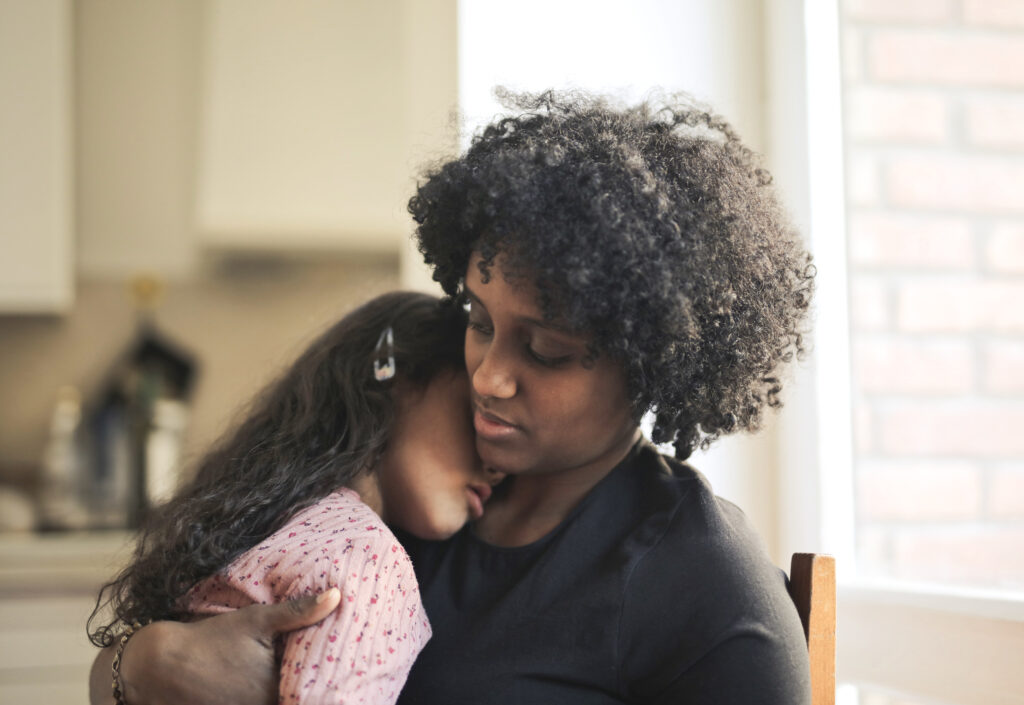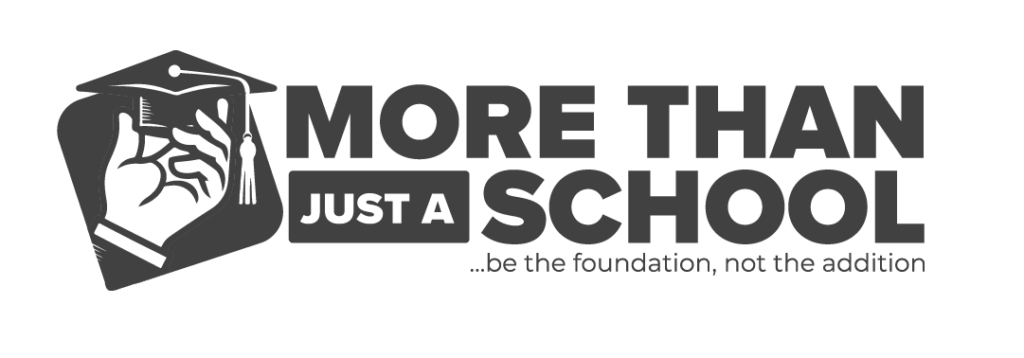For generations, Black and minority communities have entrusted schools with the education of our children, believing that the system is designed to prepare them for success. However, year after year, we witness troubling disparities; Black and minority students are disproportionately disciplined, underrepresented in advanced programs, and often taught from curricula that ignore or distort their history and contributions. Instead of being institutions that empower our children, many schools have become places where their potential is stifled, their identities erased, and their unique strengths overlooked.
The modern education system claims to promote equity, yet systemic biases continue to widen the achievement gap. Standardized testing, which often does not account for cultural and socioeconomic differences, unfairly labels Black and minority students as underperforming. Rigid curricula fail to acknowledge the richness of our cultures, prioritizing eurocentric perspectives while sidelining the knowledge and traditions that are vital to our children’s self-confidence and success. Meanwhile, the classroom environment, often shaped by policies that do not consider our communities’ lived experiences, frequently leave our children feeling disconnected and disengaged.
This reality raises a crucial question: Is the traditional education system truly serving our children, or is it failing them? The evidence suggests that it is not only failing them academically but also failing to equip them with the tools they need to navigate a world where racial and social challenges persist. It is time for Black and minority families to rethink our reliance on a system that was not designed for us and take an active role in shaping the education of our children.
The Shortcomings of the Modern Education System
The traditional schooling model was built for the industrial age, designed to produce workers who could follow instructions and fit into a structured system. But in today’s rapidly changing world, this outdated approach leaves many Black and minority children disengaged, uninspired, and unprepared for the realities of life. The shortcomings of the present education system include:
- A System That Was Not Designed for Us
The education system in Canada has long marginalized Black and minority students. From biased curricula that overlook our histories to disproportionate disciplinary measures, the system often works against rather than for our children. - One-Size-Fits-All Curriculum
Every child is unique, with different strengths, interests, and learning paces. Yet, the system forces all students to follow the same curriculum, disregarding individual learning styles. Creativity and critical thinking take a backseat to memorization and test-taking skills. - Lack of Practical Life Skills
Canadian schools focus heavily on academics but often fail to teach essential life skills like financial literacy, emotional intelligence, problem-solving, and communication. Black and minority children graduate with diplomas but little real-world preparedness, making it harder to navigate economic and social challenges. - Erosion of Cultural Identity
Education is not just about math and science; it’s about passing down values, traditions, and principles that shape identity. Schools, however, often sideline the rich history, languages, and values of Black and minority communities, leaving children disconnected from their roots. - Increased Government and Corporate Influence
Public education is increasingly influenced by political agendas and corporate interests, shifting the focus from genuine learning to standardized performance metrics. This often leaves children stuck in a system designed to meet quotas rather than cultivate knowledge and wisdom.
Why Black and Minority Families Must Reclaim Education

If schools are failing to meet the needs of our children, who should step up? The answer is clear – Families. No one understands a child’s needs, potential, and character better than their parents, loved ones and communities. Here’s why it is crucial for parents to take back control of their children’s education:
- Our Children Deserve Better
The current education system is not built to prioritize the unique needs of Black and minority students. Instead of waiting for slow, systemic change, families must act now to ensure their children receive an education that empowers them. - Cultural and Identity Preservation
Schools often fail to celebrate or even acknowledge the cultural heritage and contributions of Black and minority communities. If we do not take an active role in our children’s education, they risk losing connection to their history, values, and sense of self. - Breaking Generational Cycles
Many families have experienced firsthand how the traditional school system limits opportunities for Black and minority students. By reclaiming education, parents can equip their children with the tools to break free from systemic limitations and create new opportunities for success. - Economic Empowerment
Education is more than academic achievement; it’s about preparing for real-world success. Schools rarely teach wealth-building skills, entrepreneurship, or financial literacy. If we want our children to thrive, we must ensure they learn the skills needed for economic independence. - Protecting Mental and Emotional Well-Being
Many Black and minority students experience discrimination, bias, and exclusion in schools. By taking an active role in education, families can create environments where children feel seen, valued, and emotionally supported, reducing the negative effects of systemic bias. - The Future Belongs to Those Who Control Knowledge
Education shapes our children’s worldview, self-esteem, and future possibilities. If we allow schools to be the sole educators, we risk our children growing up without the knowledge and confidence needed to navigate and change the world.
Taking Action: How to Get Started
Taking control of your child’s education doesn’t mean pulling them out of school overnight. It means becoming actively involved in their learning journey. Here’s how you can start:
- Enrol in Schools and Programs Designed for Black and Minority Students
One of the most powerful steps families can take is enroling children in schools or educational programs that center Black and minority experiences. These institutions incorporate culturally relevant curricula, empowering students with knowledge of their history, identity, and potential. Even if parents do not switch schools entirely, enroling children in specific courses within these programs helps them gain a well-rounded education that reflects their lived realities. - Supplement Formal Education
Teach your child subjects and skills schools neglect like Black history, financial literacy, home economics, and self-advocacy. Use books, online courses, and local community programs to bridge the gaps left by traditional schools. - Encourage Independent Thinking
Foster curiosity and question-based learning, rather than passive acceptance of information. Teach your child to analyze, critique, and engage deeply with the material they are taught in school. - Utilize Alternative Education Models
Consider homeschooling, co-op learning groups, or hybrid models that allow for more flexibility and personalization. These approaches empower children to learn at their own pace while maintaining strong academic standards. - Be Present and Involved
Engage in daily discussions about school experiences, guide their learning choices, and ensure their education aligns with your family’s values and aspirations. Attend school meetings, question curriculum decisions, and advocate for necessary changes. - Leverage Community Resources
Collaborate with other parents, cultural institutions, and mentors within the Black and minority community to create a rich learning environment. Libraries, community centers, and cultural organizations often offer valuable programs that reinforce identity and knowledge.
Conclusion
The future of our children, and by extension, our communities, rests in our hands. While schools play a role in education, they should not be the sole architects of our children’s knowledge and development. By taking an active role in their education, we can ensure they receive a well-rounded, empowering, and culturally affirming learning experience.
This is not just about academic success; it’s about equipping our children with the confidence, identity, and skills to shape their own destinies. When we reclaim education, we reclaim the future.
Let’s step up, take charge, and build a brighter path for the next generation.


